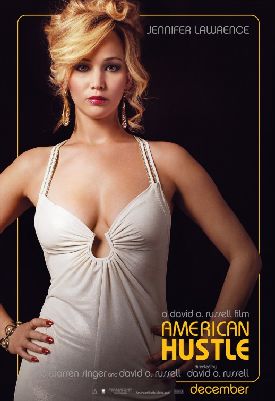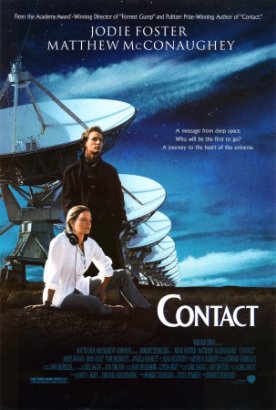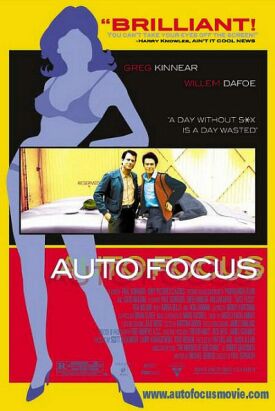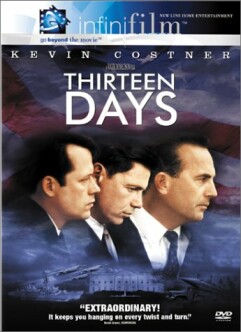American Hustle
The best line in American Hustle comes in an exchange between Bradley Cooper’s FBI agent, Richie DiMaso, and Irving Rosenfeld, the small time crook played by Christian Bale who is bargaining with him to get a reduced sentence by helping to entrap several U.S. congressmen in what was to become known as the Abscam bribery sting. In the spirit of post-Watergate self-righteousness that must have affected the FBI almost as much as it did the media and the political Carterism that played to it, Richie tells Irving that he is the kind of person who is ruining America. Irving replies in high dudgeon: “No, you’re the one who is ruining America. People just got over Watergate and Vietnam and you’re going to s*** all over politicians again!”
Irving, of course, recognizes some sense of fellow-feeling with the politicians. “As far as I can tell,” he says at one point, “people are conning each other all the time to get what they want” — the law and the FBI very much included. But he also has a point about how civic virtue and public service do not cease to be important when they become masks for baser motives. The same point is made in a different way by Jeremy Renner’s pompadoured Mayor Carmine Polito of Camden, the most sympathetic of those caught up in the scandal, who says: “Everything I do is for the good of the people of New Jersey. Tell me I’m lying.” Even Irving develops a conscience about Carmine’s entanglement with the law which he has helped to bring about. It is tempting to ask what possible civic purpose can be served by the prosecution of such a man for attempting to smooth the way for Arab investment in Atlantic City casinos?
That those on both sides of the law are engaged in deceptive practices for what both are likely to think laudable ends is something to recognize, as American Hustle does, but it is by its very nature an insight that one may push too far, as American Hustle also does. Indeed, Abscam itself was an instance of too much blurring of the lines between law-breaking and law-enforcement, and a more thoughtful film would have shown more of an interest in tracing that thin line which still separates the two. A more thoughtful film, however, wouldn’t have been so funny, and director David O. Russell (The Fighter, Silver Linings Playbook) is the kind of guy who seems like he’ll go for funny over thoughtful every time.
It helps that here as in Silver Linings Playbook, he has a tremendously talented cast to work with, including Mr Cooper and Jennifer Lawrence, who co-starred in that movie. In this one, both take a bit of a back seat to Mr Bale, who gained 50 pounds and lost most of his hair for the part of Irving, and Amy Adams whose role as a female con-artist named Sydney Prosser, Irving’s associate and lover, was created out of nothing in order to add a romantic dimension to the multiple kinds of fraud being perpetrated by the male cast members on each other. She wouldn’t have been able to do this, however, without Miss Lawrence, whose character is supposedly based on a real person, as Irving’s wife Rosalyn, a woman who is as wildly unpredictable as reality itself.
That is of course no accident. She is the only important figure in the film who never purports to be anybody but herself and whose honesty, therefore, sets an impossible standard for all the various con men and women to justify themselves by not living up to. She comes perilously close to making the entirely facile and bogus point that honesty is the biggest con of all, especially when she shows that she’s willing to go all out in competition with Sydney for the dubious prize of Irving’s affections. The combination of her manic intensity and Miss Lawrence’s own beauty and comic intelligence in playing her wrenches the film away from any serious purposes it may otherwise have had and turns it instead into a sort of contemporary version of what Hollywood used to call the “screwball” comedy, which always depended on a distinctively female kind of screwiness, though not always so crazy as hers.
I have to say that I find this screwy skew given to a serious subject just a bit of a letdown. It is as if Mr Russell had finally decided that he could see no real-world problem worthy of his talents in the story of Abscam and so simply turned it all into something else entirely. Even the opening title card — “Some of this actually happened” — advertises the jokiness that is the other side of the coin to mere cynicism and that will prevail throughout. Other things remind us that a lot more of it actually didn’t happen. Sydney poses as an aristocratic Brit with ties to London bankers at a time when there were still exchange controls in Britain and money couldn’t be taken out of the country; also, talk of the scam artists, escaping to Estonia or Romania, both still very much in the Soviet bloc, would not have been plausible then. American Hustle is a whole lot more sexy and amusing than the real-life Abscam and at times aspires, like Silver Linings Playbook, to be a study in loyalty, but it is not so subtle or so serious in the end. Still, you’ll probably be laughing so hard that you’ll hardly notice the letdown until well after you’ve left the theatre.
Discover more from James Bowman
Subscribe to get the latest posts to your email.








